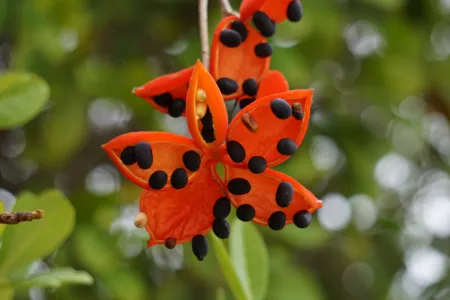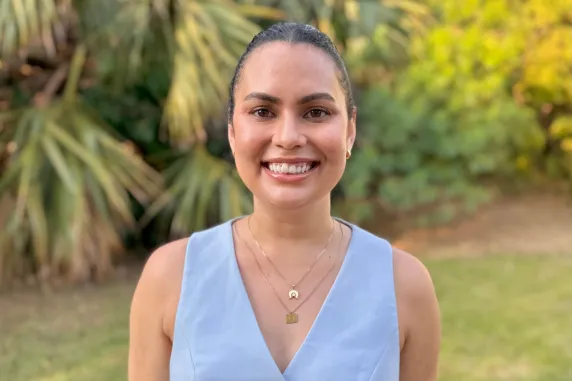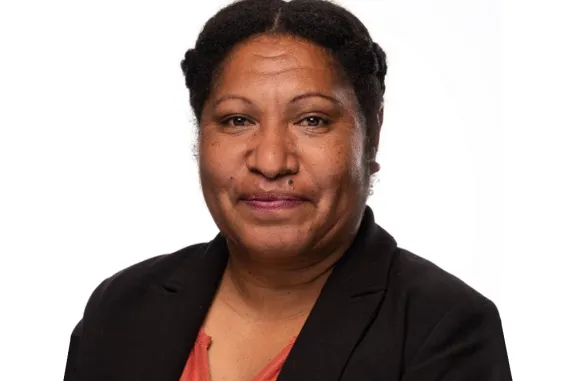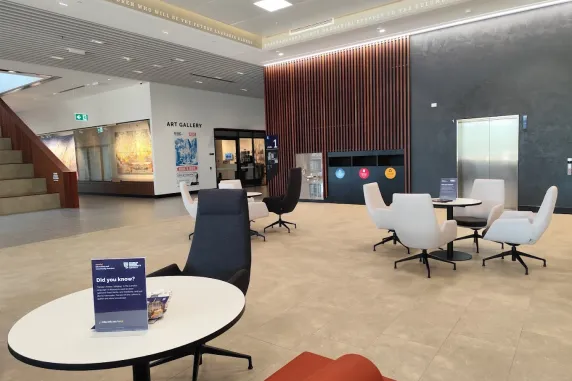Northern Institute
Bush Foods, Country and Climate Change
| Presenter | Sharna Motlap and Collethy Jaru | |
|---|---|---|
| Date/Time |
to
|
|
| Contact person |
Northern Institute
|
|
| Location | Danala Education and Community Precinct, Festival Learning Space 1.12 (Ground Floor) | |
| Open to | Public | |
This People.Policy.Place. Seminar discusses the collaborative research project Indigenous Truth-Telling: Ethnographic Philosophy on Traditional Foods, Country and Climate Change. Researchers: Sharna Motlap, Linda Ford, Nicolas J. Bullot and Collethy K. Jaru.
About
Led by an Indigenous researcher in the nutritional value of bushfood (SM) and an expert Mak Mak Marranunggu philosopher (LF), this project deploys ethnobotanical Indigenous philosophies and truth-telling to show the added value of using Indigenous Knowledges of nutrition and food security for responding to the impacts of climate change. The research aims to inform potential solutions to Indigenous and non-Indigenous stakeholders, policymakers, and researchers. We begin with a discussion of the Mak Mak Marranunggu custodian’s art of tracking long yams and other plants in the coastal bushland of northern Australia and disclose truths about season cycles, local vegetation, Indigenous uses of plants, the nutritional value of bush food, and Mak Mak Marranunggu laws regarding ecological sustainability. We then expand the scope of the analysis to include additional areas of Indigenous Knowledges and expertise from Northern Australia and Papua New Guinea from the standpoint of Indigenous human geography (CKJ) and decolonised social philosophy (NJB). We provide evidence to identify potential biases and epistemic malpractices regarding Indigenous Knowledges that can act as barriers to climate change solutions.
Presenters
Sharna Motlap is a proud Indigenous woman of the Mbabaram tribe of Queensland and of Hammond Island of the Torres Strait. Sharna is a nutritionist and CDU Healthy Environments And Lives Research Fellow - Indigenous Engagement at Northern Institute at Charles Darwin University. Her research interest includes nutrition, public health, and Indigenous health, specifically the prevention of noncommunicable diseases and the improvement of the socio-economic factors. While studying a Bachelor of Nutrition at Torrens University Australia, Sharna gained numerous awards and was one of the first at her university to be awarded the New Colombo Plan scholarship, which resulted in completing an 8-month scholarship program in Bangkok, Thailand. She is currently completing a double degree studying a Master of Public Health and Master of Health Research with Menzies School of Health Research, where she was awarded the prestigious ‘Menzies Aboriginal and Torres Strait Islander Postgraduate Coursework Scholarship’ in 2023. She has worked across rural and remote Northern Territory and has interned at a variety of research centres and health organizations across Australia. Sharna is keen to contribute to the Healthy Environments and Lives (HEAL) National Research Network.
Collethy Jaru is part of the Anga Tribe of Papua New Guinea. Her PhD focussed on linking Indigenous knowledge with western philosophy, particularly to address food sustainability. In the wake of climate change affecting her homeland, she researched crops suitable to alleviate food insecurity in Papua New Guinea’s rural communities. “Now I’m taking steps to make sure that Indigenous knowledge is catalogued so that it can be used now to address climate change that affects local food resources and far into the future”. She is currently a teaching fellow lecturing in philosophy for the CDU Faculty of Arts and Society.
Registration
This event has passed. Find the recording and supporting documents linked in the previous seminars section of the Seminars page.
Getting there
Festival Learning Space, Level 1, Room 12 - left side of the main entry way, across from the Art Gallery.
Danala Education and Community Precinct
54 Cavenagh Street, Darwin City, NT, 0800
Google Maps Location
Access: If you have any additional access or support requirements, please contact us. Level 1 is street level and has bathrooms, CDU student services and security available on this floor. Please note that there will be directional signs on the event day and that the underground car parking is not available yet so please use the surrounding street parking.
Related Events
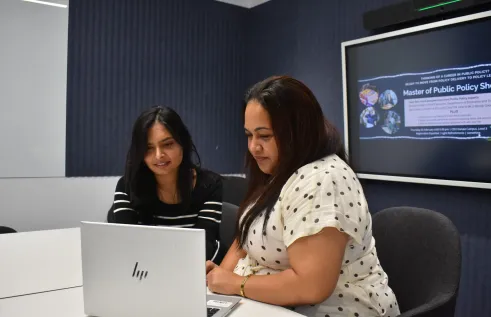
Master of Public Policy Showcase
Join Northern Institute for the MPP Showcase during O‑Week in late February to explore what the program offers and take the next step towards leading with purpose.
Read more about Master of Public Policy Showcase
Thesis Talk
Thesis Talk is a facilitated academic discussion for HDR candidates to connect to and through ideas with research peers. Join the monthly online session to explore different topics, theories and practicalities. Talk through the nitty-gritty of research practices and reflect on your work.
Read more about Thesis Talk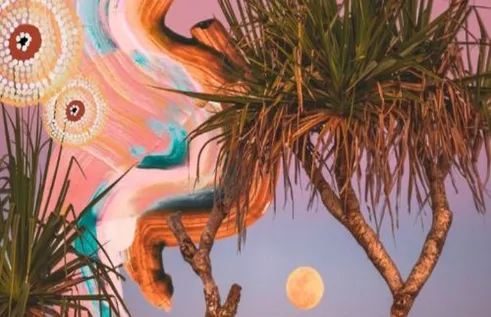
'Climate Impacts on Country' Pop-Up Indigenous Art Exhibition
This powerful exhibition celebrates Indigenous culture by showcasing stunning artworks that explore the deep connections between climate, healing, and Country. Including a panel session with the Indigenous artists and researchers involved.
Read more about 'Climate Impacts on Country' Pop-Up Indigenous Art Exhibition
